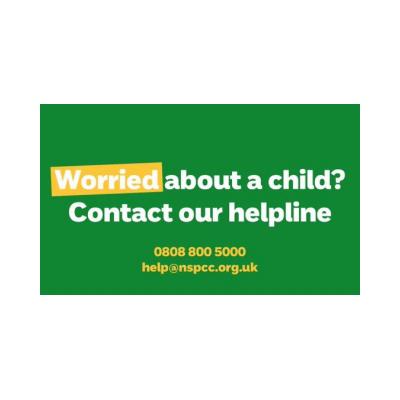NSPCC young campaigner from Belfast discusses domestic abuse with Deputy Prime Minister
William Stringer, 20, from Belfast, met with Nick Clegg this week to talk directly to the Deputy Prime Minister about the issue of domestic abuse in teen relationships.
William Stringer from Belfast (pictured fourth from left) this week joined fellow young campaigners, and NSPCC chief executive Andrew Flanagan, in meeting with Deputy Prime Minister Nick Clegg and Home Office Minister Jeremy Browne to discuss the issue of domestic abuse in teen relationships.
William was one of 15 young NSPCC campaigners who had the chance to meet Nick Clegg and Home Office Minister Jeremy Browne at a youth centre in Westminster. They were there to discuss the UK government’s change in the definition of domestic abuse, which has been widened to include 16 to 18 year olds and also now includes different forms of non-violent, coercive behaviour.
As a young campaigner for the NSPCC, William was keen to make sure young people’s views were heard at the highest levels of government. The change in the definition of domestic abuse is an issue the NSPCC and other young people’s groups have been campaigning for. It means that teenage victims of domestic violence and abuse will be officially recognised as victims. NSPCC will also be talking to government in Northern Ireland about the potential for similar changes.
Speaking after the event, William said: “We had an enjoyable day and it felt very rewarding that our views were being listened to."
NSPCC Chief Executive, Andrew Flanagan said: "Domestic abuse is not just an issue for adults, but also for teenagers. ChildLine receives around 3,000 contacts a year from young people about this issue.
"Teenage years are difficult at the best of times but a lack of experience in relationships and issues with self-confidence can mean young people feel they have nowhere to turn.
"Many victims, as well as perpetrators, come from abusive homes themselves and therefore don't realise how wrong these kind of relationships are."
The changes, which will be implemented in March 2013, follow calls from local authorities, police and voluntary organisations.
Deputy Prime Minister Nick Clegg said: "These changes are about Government taking a lead to help expose the true face of domestic violence, which is much more complex and much more widespread than people often realise.
"When you say domestic violence people think that's one act of physical violence, but actually psychological and emotional coercion, abuse over a long period of time is just as unacceptable and that is why we as a Government are saying we are changing the definition, we are saying it's not just about an act of violence, but it's also about coercion over a long period of time.
"Secondly we're saying to youngsters, even if you are 16 or 17, you can be trapped in that kind of relationship, you don't need to put up with that kind of abuse, so we're also lowering the age of the Government's definition of domestic violence."
The NSPCC will be setting up a Young People's Panel to support the Government's work on tackling domestic violence, particularly by and against young people. The aim is to speak directly to young people who have suffered domestic abuse about their experiences so that they can help to shape future government policy.

